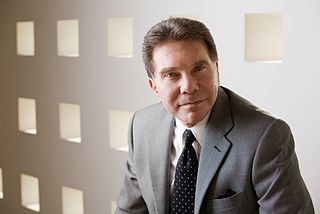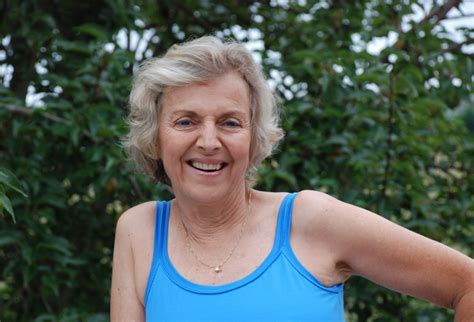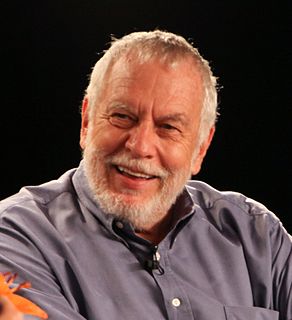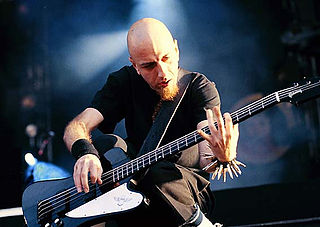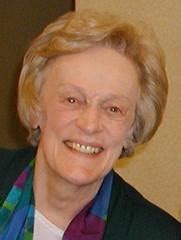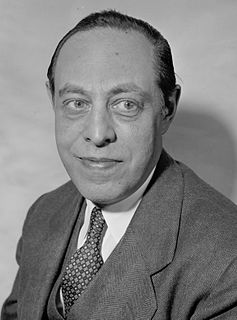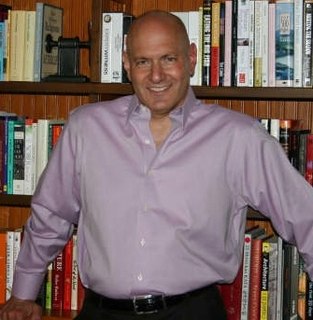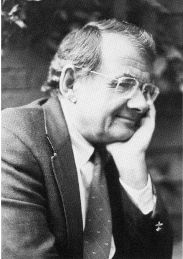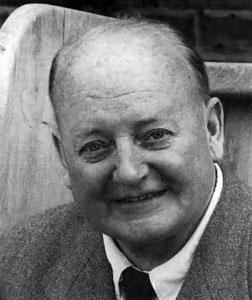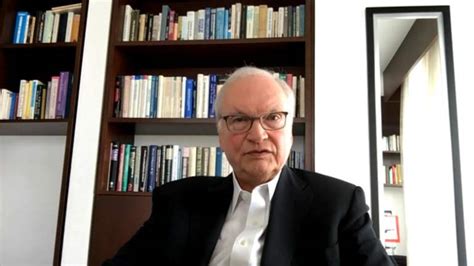A Quote by Norman Doidge
After the initial critical learning period of youth is over, the areas of the brain that need to be 'turned on' to allow enhanced, long lasting learning can only be activated when something important, surprising, or novel occurs, or if we make the effort to pay close attention.
Related Quotes
The best results are achieved by using the right amount of effort in the right place at the right time. And this right amount is usually less than we think we need. In other words, the less unnecessary effort you put into learning, the more successful you'll be... the key to faster learning is to use appropriate effort. Greater effort can exacerbate faulty patterns of action. Doing the wrong thing with more intensity rarely improves the situation. Learning something new often requires us to unlearn something old.
Learning is the first step in making positive changes within yourself. Other factors are conviction, determination, action & effort. Learning & education help develop conviction about the need to change & increase your commitment. Conviction then develops into determination. Next, strong determination leads to action: a sustained effort to implement the changes. This final factor of effort is critical.
Language development, for instance, has a critical period that begins in infancy and ends between eight years and puberty. After this critical period closes, a person’s ability to learn a second language without an accent is limited. In fact, second languages learned after the critical period are not processed in the same part of the brain as is the native tongue.
From the simplest lyric to the most complex novel and densest drama, literature is asking us to pay attention. Pay attention to the frog. Pay attention to the west wind. Pay attention to the boy on the raft, the lady in the tower, the old man on the train. In sum, pay attention to the world and all that dwells therein and thereby learn at last to pay attention to yourself and all that dwells therein.
Your life is a learning process - you can only become wiser from learning. Sometimes you might have to attract making a painful mistake to learn something important, but after the mistake you have far greater wisdom. Wisdom cannot be bought with money - it can only be acquired through living life. With wisdom comes strength, courage, knowing, and an ever-increasing peace.
So you have the challenge of just learning the lines, period, and not only learning them, but learning them to the extent that you assimilate them, so that you're not worried about what the next word is coming out of your mouth when it comes to doing a scene. And you're also in the trenches with the writers, just in the wonderful kind of back and forth of how is it best to say something, even if it involves four or five words. I love that kind of thing.






